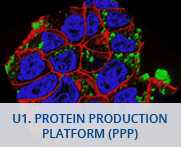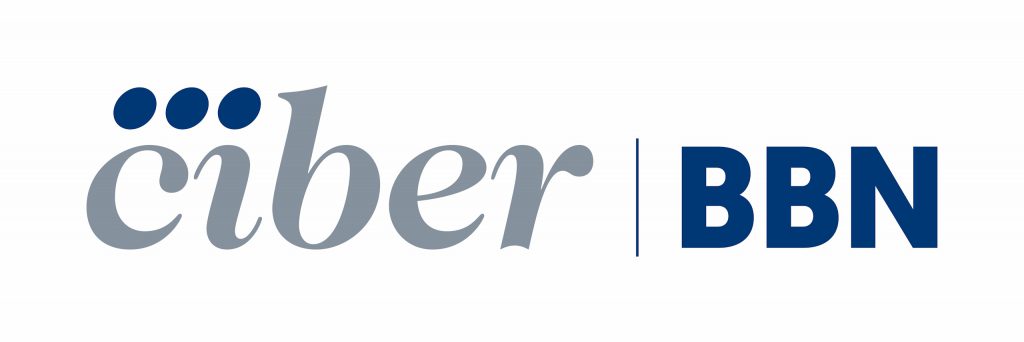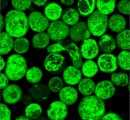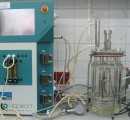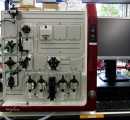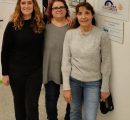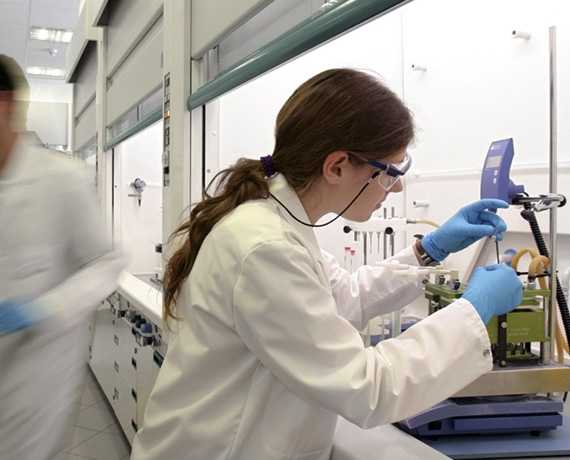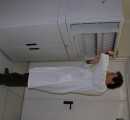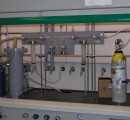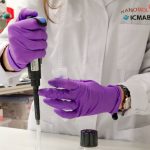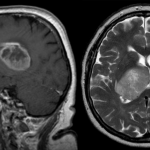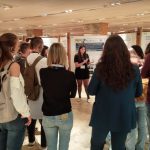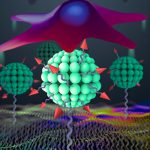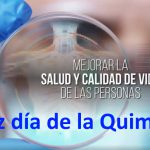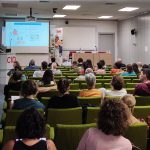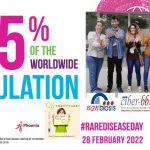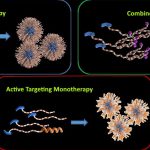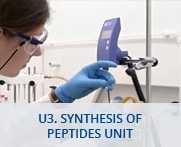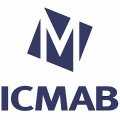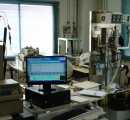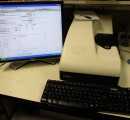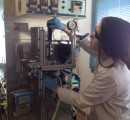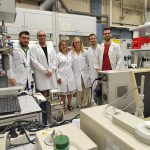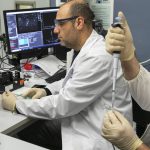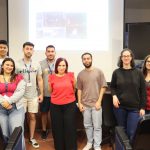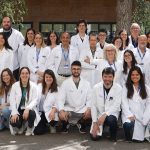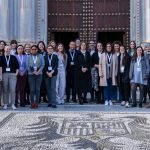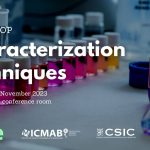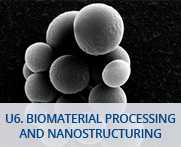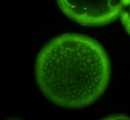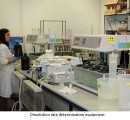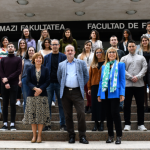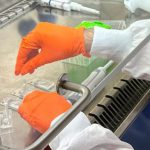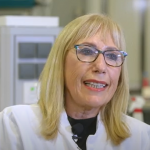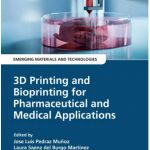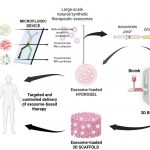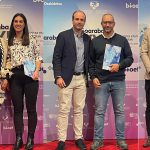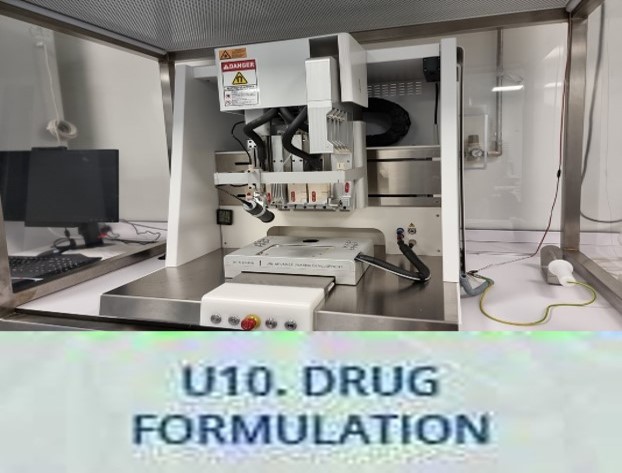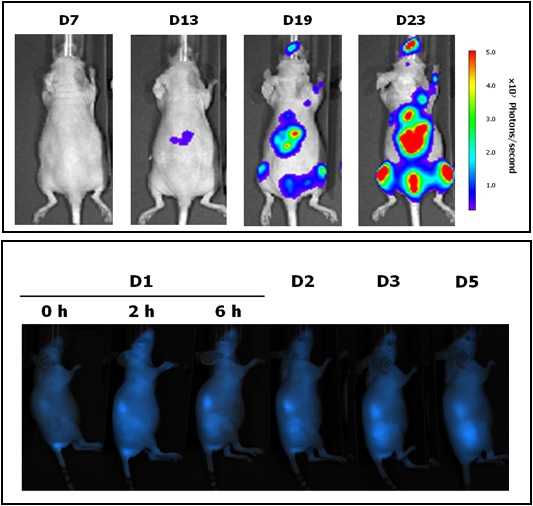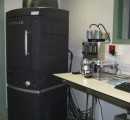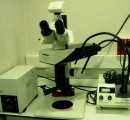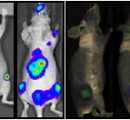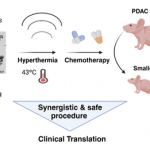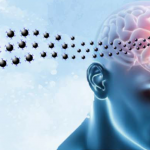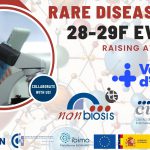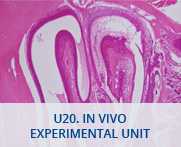U1. Protein Production Platform Unit (PPP)
The PPP Unit is at the Institute of Biotechnology and Biomedicine of the Autonomous University of Barcelona (IBB-UAB). It counts with the necessary facilities for the design, production, and purification of recombinant proteins. This facility is coordinated by the Nanobiotechnology Group, led by Prof. Antonio Villaverde. It has both highly specialized personnel and the necessary equipment to offer a “tailored” service for the design, production, and purification of recombinant proteins using both prokaryotic and eukaryotic expression systems. Its location allows this service to be linked with other complementary services available within the university (Cell Culture, Cytometry, Production of Antibodies, Microscopy, Proteomic, and Bioinformatic, X-ray crystallography, and Microarray and Sequencing Services), as well as facilitating the management of subsequent uses of the produced protein. Counts with a laboratory perfectly equipped for the bioproduction of proteins, another with all the necessary equipment for molecular cloning, plus one lab for the purification and characterization, and finally one for cryopreservation. The PPP Unit has implemented the ISO9001 certification for standard quality control system. – FOR THOSE SERVICES IDENTIFIED AS OUTSTANDING, AT LEAST 20% OF THEIR CAPACITY IS OPEN UNDER COMPETITIVE ACCESS. SEE ANNEX 1 OF ACCESS PROTOCOL FOR DETAILS ON % THE OF OPENNESS EACH SERVICE
10 Dec NANBIOSIS’s Protein Production Platform showcased innovations in protein engineering at PEGS Europe 2024, featuring talks, posters, and session moderation. Barcelona, november 2024. Last month, the NBT group and Unit 1 of NANBIOSIS (Protein Production Platform, PPP), from CIBER-BBN and IBB-UAB, was invited once again to participate in the prestigious PEGS Europe conference. PEGS Europe, a prestigous conference This year, the 16th PEGS Europe conference was held in Barcelona from November 5th to 7th. PEGS, or the Protein & Antibody Engineering Summit, is organized by the Cambridge Healthtech Institute (CHI) and is renowned for its focus on protein engineering and its[...] 18 Nov The PPP advances antimicrobial peptide research, forging partnerships to combat antibiotic resistance and prevent medical device-related infections. Barcelona, october 2024. During Antibiotic Awareness Week, we spotlight the Protein Production Platform (PPP) at NANBIOSIS Unit 1 for its pivotal role in combating antimicrobial resistance. At the recent UAB Innovation Fair, the PPP showcased its cutting-edge technologies and established collaborations with experts in bacterial biofilms and nanomaterials. Together, they aim to develop innovative antimicrobial peptides as alternatives to traditional antibiotics, targeting nosocomial infections linked to medical devices. These efforts underscore the critical importance of advancing research and partnerships to address one of[...] 10 Oct The Nanobiotechnology Group and NANBIOSIS PPP have created a poster-guide for recombinant protein cloning, production, and purification in prokaryotic systems. Barcelona, october 2024. The Nanobiotechnology Group, led by Prof. Villaverde, in collaboration with the NANBIOSIS Unit 1, Protein Production Platform (PPP), directed by Dr. Ferrer-Miralles, has created an in-depth guide in the form of a poster that compiles key strategies for cloning, production, purification, and characterization of recombinant proteins expressed in prokaryotic systems. Drawing from their vast experience in the field, they have meticulously outlined techniques and best practices to address common challenges and optimize every stage of the process.[...] 09 Oct Dr. Neus Ferrer explores nanotechnology in protein research to combat antimicrobial resistance, focusing on innovative solutions using lysins and other recombinant proteins. Barcelona, October 2024. In celebration of Nanotechnology Day, we take a closer look at the cutting-edge work of Dr. Neus Ferrer, director of the Unit 1, Protein Production Platform (PPP), at NANBIOSIS. Specializing in recombinant protein synthesis, Dr. Ferrer’s research tackles critical challenges in healthcare, particularly antimicrobial resistance, often referred to as the “new pandemic”. Through advanced nanotechnology approaches, her team in develops innovative solutions that could revolutionize treatment options in biomedicine and beyond. The interview begins… Interviewer:[...] 04 Apr Breakthrough colorectal cancer treatment unveiled by NANBIOSIS Units promises enhanced precision & efficacy in targeted cancer therapies. March 2024, UAB/Institut de Recerca Sant Pau/CIBER-BBN (Barcelona) As we leave World Colorectal Cancer Day 2024 behind, marked on March 31st, there have been significant highlights in cancer treatment, a field in which targeted therapies are playing a crucial role. In this context, researchers from the Nanobiotechnology team, at the Institut de Biotecnologia i de Biomedicina from Universitat Autònoma de Barcelona, led by Prof. Antonio Villaverde, in collaboration with the Oncogenesis and Antitumor Drugs team led by Prof. Ramón Mangues at Institut d[...] 05 Mar This novel immunization platform, recently published in ACS, triggers potent antivirus response, promising efficient and cost-effective vaccination. March 2024, UAB/Vall d’Hebron Research Institute/CIBER-BBN (Barcelona) The battle against infectious diseases demands innovative solutions. The world is especially aware of this fact after facing threats such as the SARS-CoV-2 pandemic. In a very recent publication in ACS Materials Letters, researchers from the Universitat Autònoma de Barcelona (UAB) and Hospital de Sant Pau, both within the CIBER-BBN, have achieved a significant milestone in vaccine development. Their study, conducted in partnership with international teams as well as NANBIOSIS, has introduced a novel immunization approac[...] 27 Dec NANBIOSIS Unit 1 Protein Production Platform (PPP) of CIBER-BBN and UAB, has taken a significant step towards enhancing its service capabilities in the field of recombinant protein production and purification. Until now, due to space constraints at the Institute of Biotechnology and Biomedicine (IBB), U1’s activities were confined to half of a small laboratory. However, thanks to the ongoing commitment of the center to bolster the PPP’s activities, this unit has gained access to a laboratory, along with an office, exclusively designated for the platform within the IBB premises, creating an optimal environment for the process of protein production and[...] 20 Dec With the participation of two units of NANBIOSIS ICTS and the expertise of the scientists managing these units The study, fruit of the collaboration between the Nanotechnology group of the Institute of Biotechnology and Biomedicine (IBB-UAB), led by Prof. Antonio Villaverde, and the Oncogenesis and Antitumor Drugs group of the Sant Pau Research Institute, led by Dr. Ramon Mangues, both members of CIBER-BBN, has made significant progress by identifying the natural ligand PDGFD as an effective tool to target protein nanoparticles to tumor-associated fibroblasts that overexpress the PDGFR-β receptor. Given the relevance of the discovery, this technology has been intellectually[...]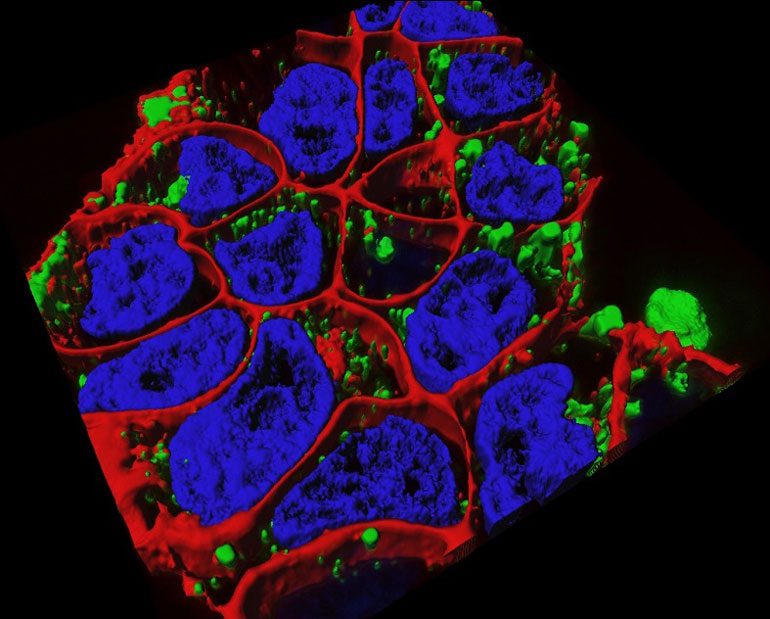
U1. Protein Production Platform (PPP)



Description
 IQNet ISO 9001:2015 Certification PPP
IQNet ISO 9001:2015 Certification PPPServices
Equipments
Active projects
Title
Fundin: Organism
Call: Funding source
Role
GA: 720942

SMART FUNCTIONAL GLA-NANOFORMULATION FOR FABRY DISEASE – Smart-4-Fabry
Unión Europea (Comisión Europea)
H2020-NMBP-2016-2017
Coordinator
SAF2017-90810-REDI

Strategic Promotion and coordinated management of Nanbiosis: Pronanbiosis II
Agencia Estatal de Investigación (AEI)
Acciones de dinamización «REDES DE EXCELENCIA»
-ICTS 2017Coordinator
Other projects
Ref
Title
Funding Organism
Unit Role
PI15/00272
Design of intelligent nanoconjugates for the treatment of metastatic colorectal cancer.
Instituto de Salud Carlos III
Participant
BIO2013-41019-P
ENGINEERING OF PROTEIN NANOPARTICLES FOR THE DIRECT DELIVERY OF THERAPEUTIC PROTEINS AND NUCLEIC ACIDS
MINECO
Participant
2014SGR-132
Basic and Applied Microbiology
AGAUR
Participant
BIO2016-76063-R
DEVELOPMENT OF NONOSTRUCTURED PROTEIN TOXINS AND POISONS FOR THE TREATMENT OF CXCR4 + CANCERES
MINECO
Working package
RTC-2014-2207-1
TERARMET: Development of therapies for the treatment of rare congenital metabolic diseases
MINECO
Participant
Marato 416/C/2030TV32013-132031
Genotoxic nanoparticles targeting colorectal cancer stem cells
Marato TV3
Participant
Publications
2016
News U1
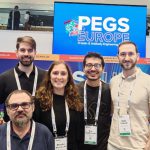
NANBIOSIS Unit invited to PEGS, the Protein & Antibody Engineering Summit

The Protein Production Platform (PPP) at the UAB Innovation Fair
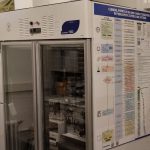
Knowdlege growth: A chart-guide for cloning, production, purification, and characterization of recombinant proteins from prokaryotic systems

Harnessing Nanotechnology in protein research: Insights from Dr. Neus Ferrer on new ways of fighting antimicrobial resistance

Protein-only Materials offer a new hope in colorectal cancer treatment
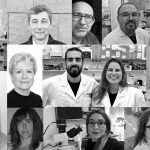
New immunization research for SARS-CoV-2 with the collaboration of NANBIOSIS
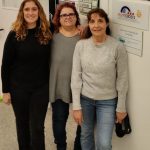
NANBIOSIS U1_Protein Production Platform expands its facilities at the Autonomous University of Barcelona, strengthening its capabilities.
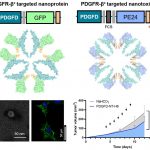
Good News! Protein Nanoparticles with a New Ligand Select and Destroy Tumor-associated Fibroblasts”
